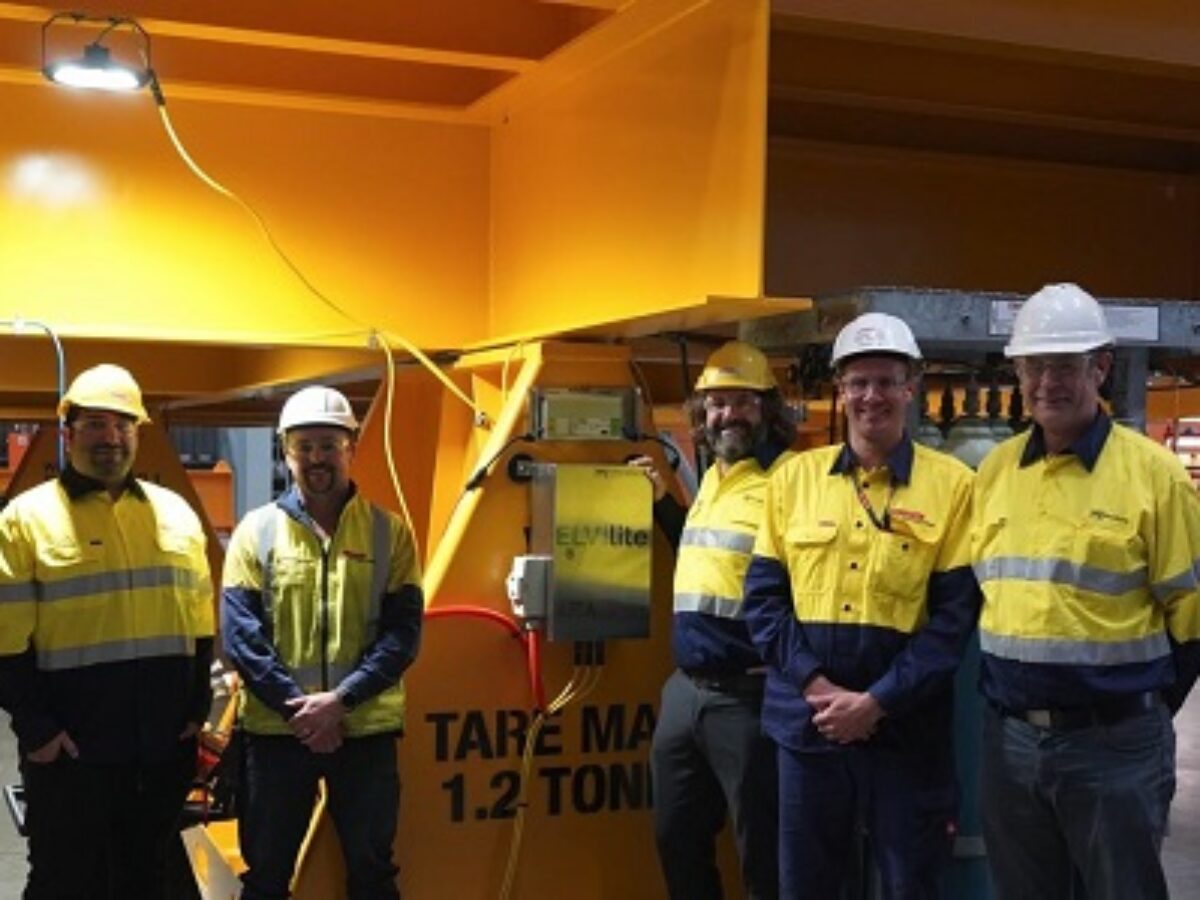My Modular lights the way for SMEs to penetrate naval shipbuilding

A test of a unique ultra-low voltage lighting system in an academic setting has seen a South Australian lighting business move from ‘road testing’ its equipment on the Hunter Class frigate program to live testing at the Osborne Naval Shipyard in Adelaide.
MyModular’s extra low-voltage lighting uses 48V rather than the standard 240V, making it safe, quick to use and more sustainable, using 26 percent less energy than the standard 240V.
The system does not require a qualified electrician for installation, which means it can be easily moved around, when needed, boosting ease of use and, in a manufacturing setting, productivity.
In 2021, BAE Systems Australia selected MyModular to take part in an ‘Innovation Challenge’ at the Tonsley Innovation District, in Adelaide’s south, the home of the company's ‘Pilot Line Zero – Factory of the Future’ collaborative space developed with Flinders University.
Here advanced manufacturing methods and innovative technologies, including from small manufacturers, are trialled and tested in a controlled environment, before they are adapted for use at the Osborne Naval Shipyard.
Working with the BAE Systems team at Tonsley, MyModular tested its lighting solution inside the specially constructed ‘mini’ ship blocks used on site for demonstrations (pictured). The ship blocks themselves were constructed by Adelaide ship manufacturer MG Engineering.
MyModular Managing Director Mark Fahey said: “The Factory of the Future has been a game changer for MyModular, allowing us to showcase our exciting, safer and smarter lighting solution to a wide-ranging audience including government representatives, navy personnel from Australia and abroad and shipbuilders from around the world.
“BAE Systems’ decision to back local businesses like ours has unearthed for us the opportunity to export our products to shipyards around the world, and more recently we have had significant interest in our technology from other industry sectors, including mining.”
The initial aim was to demonstrate the lighting could deliver a safer working environment for shipbuilders, who need to negotiate confined spaces when building ships.
Trials have now begun at the Osborne shipyard in a live production environment, where BAE Systems is assessing the lighting for its functionality and performance.
The company is also exploring options to test whether the lighting has application on other programs.
BAE Systems Australia – Maritime, Continuous Naval Shipbuilding Strategy Director Sharon Wilson said it was gratifying to see the work underway at the Line Zero test environment come to life come to life in the shipyard.
“By embracing innovations and adopting world-leading research outcomes, we will improve our shipbuilding techniques and processes that will deliver cost and production efficiencies as well as safety improvements for our people.
“The Hunter Class Frigate Program is a truly national endeavour that is transforming shipbuilding for our nation, while driving manufacturing capability across the supply chain.”
Picture: MyModular
Subscribe to our free @AuManufacturing newsletter here.
Topics Manufacturing News Technology
@aumanufacturing Sections
Analysis and Commentary Awards casino reviews Defence Gambling Manufacturing News Online Casino Podcast Technology Videos





